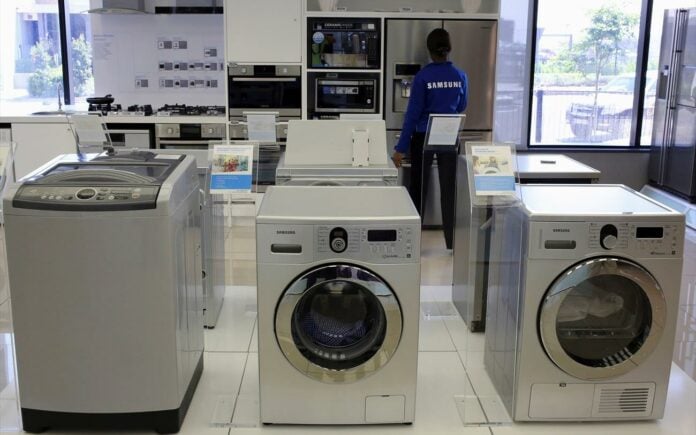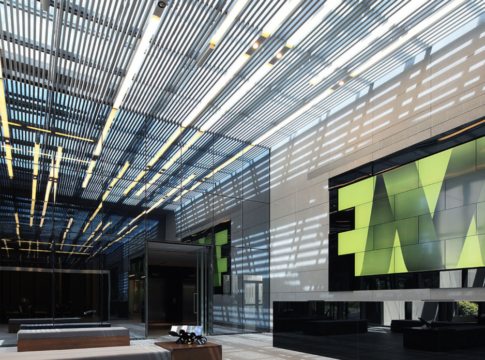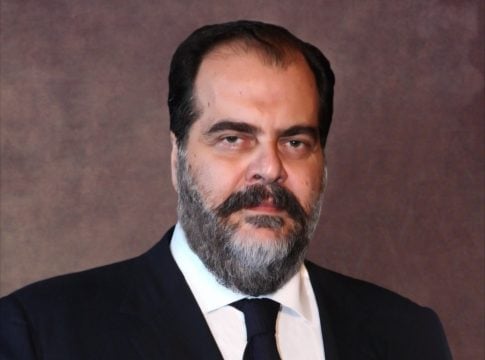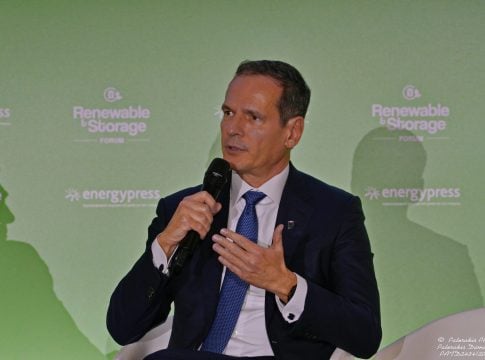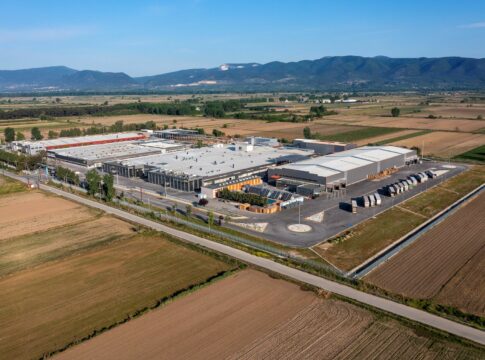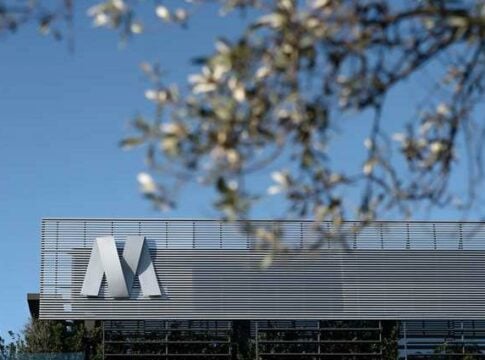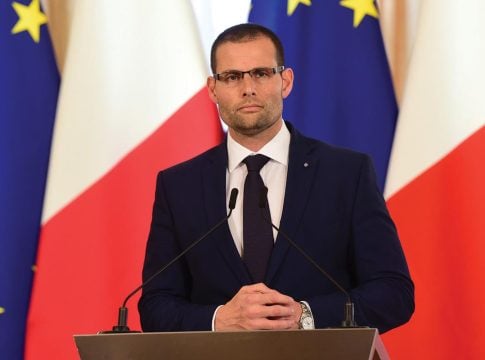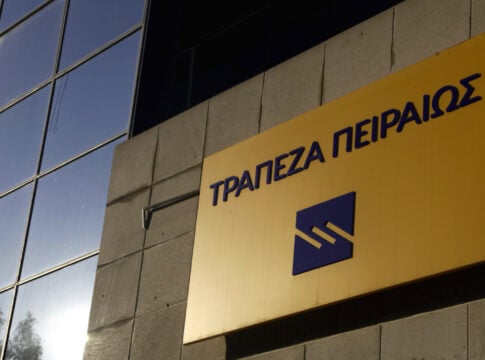The climate remains negative in the Greek electrical and electronic goods market.
According to the data of GFK, in the period January-August, the value of sales stood at -6.4% compared to the corresponding last year and in absolute terms the turnover amounted to 1.9 billion euros, including rising prices due to inflation.
Worsening consumer confidence, lingering inflationary pressures and household economic distress do not leave much room for high expectations in the sector, although executives said that on average prices of electrical and electronic products are falling.
A relative boost to expectations seems to be brought by the “Change Device for Businesses” program of the Ministry of Environment and Energy, which facilitates freelancers and Greek sole proprietorships to replace their equipment with energy-efficient solutions, contributing to the reduction of energy costs and their environmental footprint. The program includes air conditioners, refrigerators, ovens, solar water heaters, heat pumps and has mobilized the large chains of the sector with the aim of increasing their B2B sales. However, absorption rates remain low due to difficulties faced by freelancers, whose business properties are not privately owned.
Everyone’s interest is now focused on Black Friday and the preparation of companies to cover the sales gap compared to 2023 especially in the category of refrigerators and air conditioners. In practice this means a battle for share in both retail and manufacturers.
Under these circumstances, experts in the field see consolidation tendencies intensifying, as happened with the acquisition of Benrubi by the Quest Group. The large chains of the industry are keeping a waiting-and-see stance, with Kotsovolos on a new line of strategy under the umbrella of PPC, Public focusing on its multi-channel dynamics and Plaisio steadily strengthening its white goods segment.


